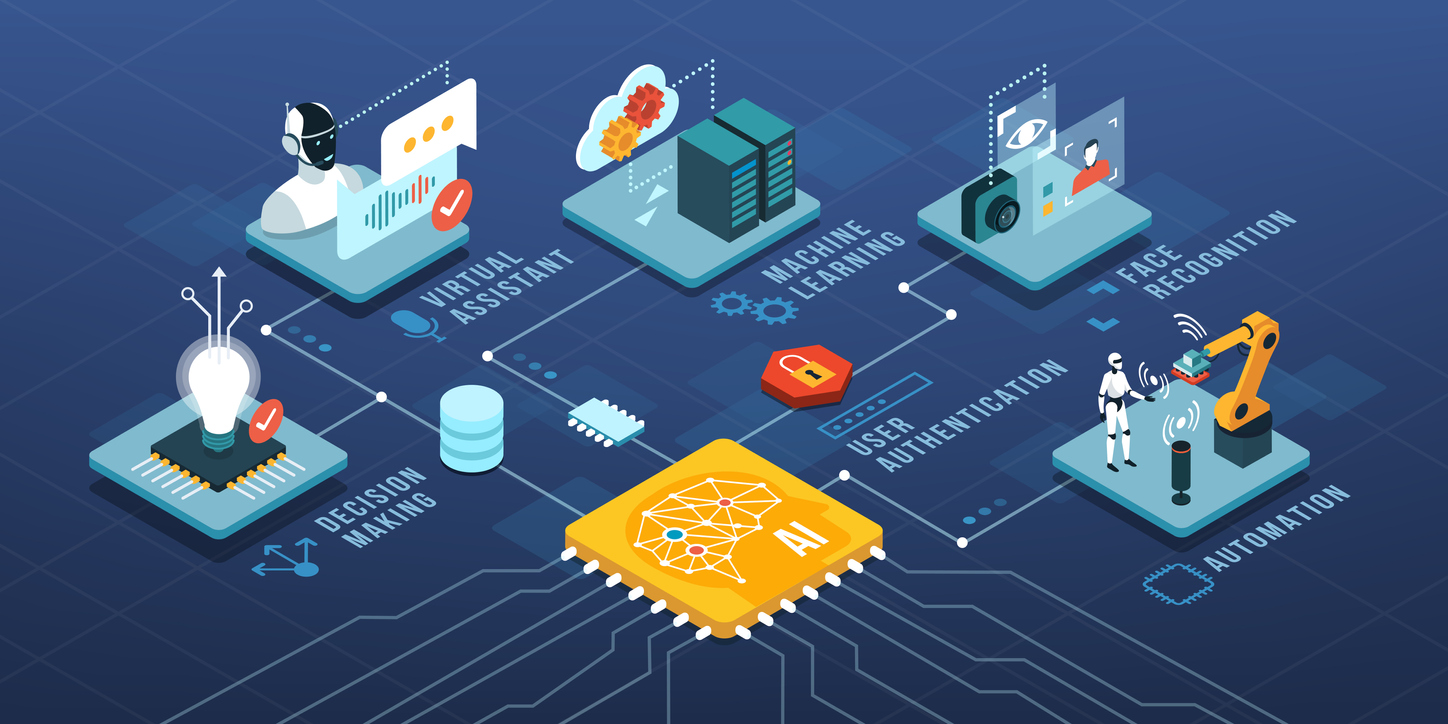Marketing implications of AI in Web3
April 12, 2023
The appetite for AI in marketing is growing. Here we explore the key benefits of AI on Web3 marketing strategies, and the potential for enhanced customer experiences.
According to McKinsey Global institute, AI and machine learning are set to generate between $1.4 and $2.6 trillion in value by solving marketing problems over the next three years. Further to this, Gartner predicts that some 40% of data science tasks are set to be automated in the near future.
Then there’s the likes of AI tools such as Midjourney, and ChatGPT, with capabilities to create artwork, written content, code, strategy and more. The aforementioned stats and new platforms leave little doubt that every aspect of marketing is going to be heavily impacted by the rise of AI and machine learning.
Of course, AI in marketing is nothing new. More and more businesses are adopting machine learning and AI solutions to gain more nuanced understandings of key audiences, customer journeys, and industry and economic trends that may impact purchasing decisions.
In short, the key to ensuring your own businesses’ continued marketing success is how you harness these impactful tools to enhance your marketing efforts, rather than replace them entirely.
How AI levels-up the Web3 marketing game
Those marketing teams in the know are aware that AI and machine learning are not to be feared; indeed the benefits they bring to teams are significant, including:
- Scalability
Marketing teams are under increasing pressure to demonstrate and deliver ROI. AI tools can help to generate fast solutions to optimise marketing strategy and better allocate budget for the most successful results.
- Increased accuracy and efficiency
AI tools are ultimately timesavers. While ChatGPT-generated content and copy may still need a human eye for some creative flair, there’s no doubt that it is an extremely efficient tool to cut down on ideation time on anything from articles to social media captions and marketing strategies. Chatbots have been around for a while, and take the pressure off customer service teams (or marketing teams who also serve as the contact points on social channels), by interacting with customers on basic queries and personalised responses. Further to this, AI tools can automate time-consuming tasks such as sorting data and conducting security authorisations, allowing marketing teams more time for big-picture thinking and planning.
- Enhanced customer experience
Machine learning and AI combine to provide a very granular level of personalisation at all touchpoints of a customer journey, synthesising the array of customer data available to marketers that would otherwise take hours or days to sort and analyse. Starbucks built a real-time personalisation engine integrating customer data, its mobile app and contextual data, and saw a 150% increase in user interaction thanks to more accurate predictive analysis of customer needs and wants. Amazon utilises similar predictive analysis to suggest new products for customers based on past behaviours, while Spotify creates customised playlists based on what a customer has listened to in the past, introducing them to emerging artists and current hits.
- Customer retention
Marketing messages such as EDMs and ad copy can be personalised according to a user’s interests and online behaviours, as well as location and purchase history. An ability to know your customers on such a granular level is immensely valuable at retaining loyalty and a positive user experience.
AI in a Web3 context: the question of decentralisation and authenticity
One thing you may already realise is that the popular AI-based solutions utilised today are centralised. So in a decentralised, Web3 world, is AI going to be as effective? AI is purported to be the cognitive layer of Web3, so to live up to that moniker, it needs to have appropriate data accessibility in the space. How will AI algorithms work with the decentralised nature of Web3 solutions?
At present, there’s a question of whether AI tools can be trained properly due to the current availability of data in the Web3 space and the amount of Web3 solutions actually in use in this early adoption phase. But the potential for AI to benefit from a secure, blockchain-based data infrastructure is promising. There’s talk of the potential for AI to integrate with blockchain to help create more user-friendly and personalised (not to mention, more secure) interfaces for applications, or even allowing for more individualisation of digital assets such as NFTs, which could potentially evolve as owner moods or behaviours change.
Further to this, AI has also called into question the ethics of ‘deepfakes’ and potential disinformation from other content that is generated by AI without thorough fact-checking. By implementing AI into an immutable infrastructure such as blockchain, content could be auto-verified for authenticity, improving quality and maintaining a level of ethical AI use.
At the end of the day, Web3 marketing will still be a race among brands to be the first to provide the most personalised, streamlined customer experience possible. As such, AI and machine learning will continue to be an important part of that process, with intelligent protocols integrated into decentralised social networks and other dApps, tokens, and more, tracking customer insights in much the same way as we do now. It’s marketing, only elevated for greater success.
Words: Rebecca Haddad

